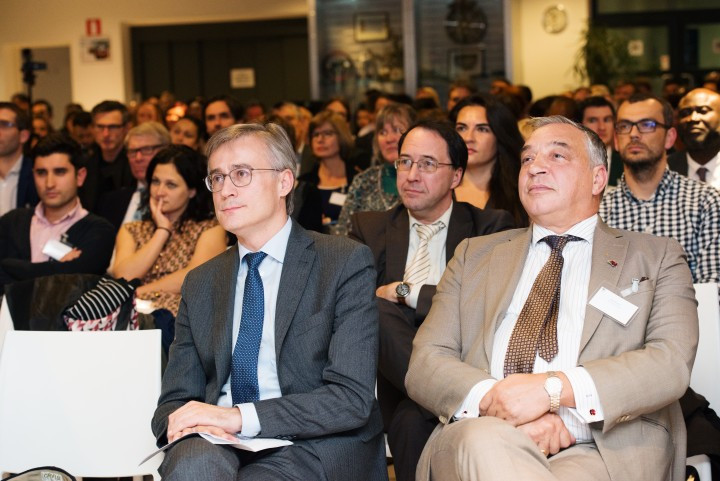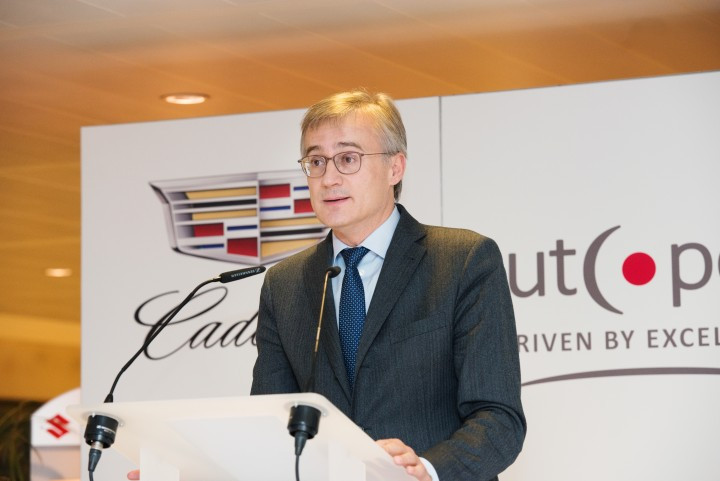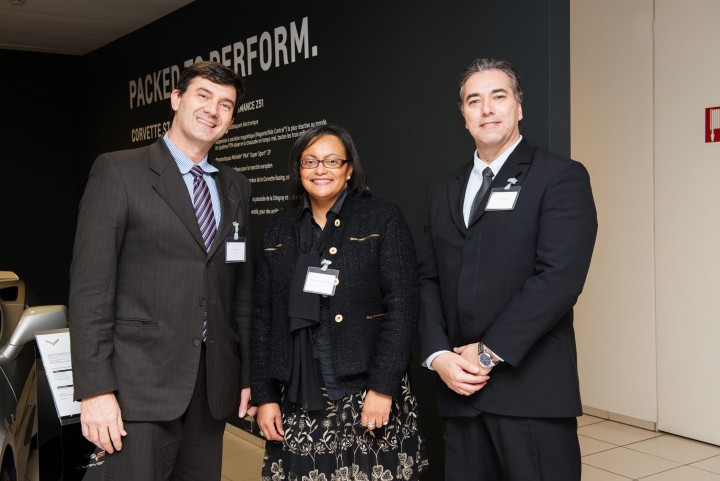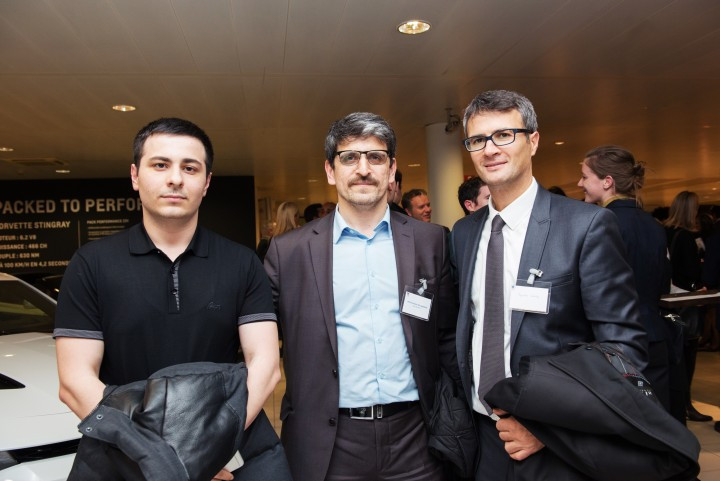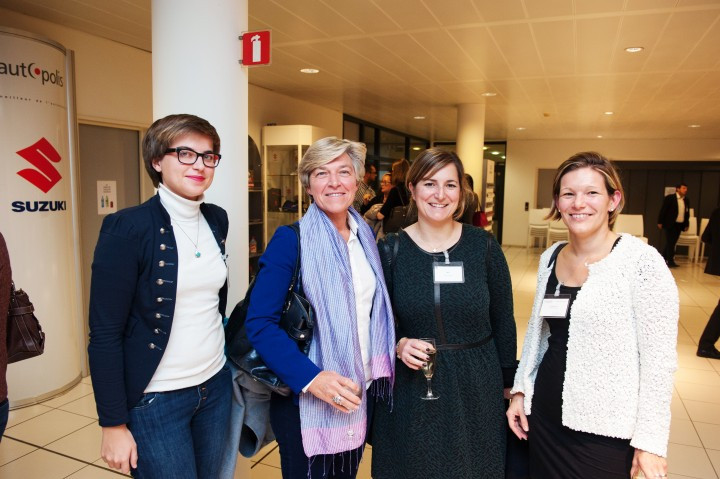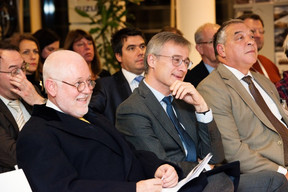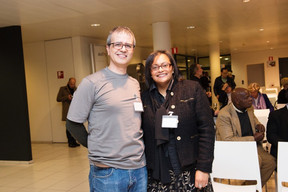This legislative and administrative change, inspired by other European countries, aims to make entrepreneurship “part of the DNA” of Luxembourg, said the business chamber’s chairman, Paul Schonenberg.
Sàrl is the French acronym for a “limited liability company” and the S at the end stands for “simplified”.
The development coincides with the foundation of the House of Entrepreneurship, a Luxembourg Chamber of Commerce lead initiative further meant to ease the passage into the entrepreneurial world by serving as a “one-stop shop” for company founders.
While renowned for its affluence and thriving financial hub, Luxembourg still has improvements to make in terms of entrepreneurial law. Not only have neighbouring countries France, Germany, Belgium and the Netherlands long launched similar initiatives--with the “EIRL”, the “Mini -GmbH”, the “SPRL-Starter” and the “Flex-BV” respectively--Luxembourg has also yet to abolish the need for a trading permit. This state of affairs was the incentive for Amcham to push for change, a first step into speeding up and simplifying the process of starting a business, and moreover, providing increasing governmental support for small companies.
What do these developments exactly entail, and how do they impact your average business amateur? For starters, the name “111 company” attempts to bring to the fore a new essence of simplicity: 1 person, 1 euro, 1 day.
However, structurally speaking, a Sàrl-S is practically identical to the pre-existing Sàrl. In terms of social security and taxation, all rules still apply, which means that those hopeful for a tax break for budding business will be disappointed. What has changed is that by abolishing the minimum capital requirement of €12,400, the main financial obstacle to creating a company has been removed.
Additionally, the costs of a notarial deed is also relieved through the admission of a private deed, bringing down the full sum from roughly €13,300--including capital--for a Sàrl to approximately €200 for a Sàrl-S.
Questions remain
The response to the event was varied. With an impressively large turnout and openly garnered public approval, many potential entrepreneurs were still left with questions concerning the specific risks and consequences of a 111 venture. Expectations concerning a more practical and extensive how-to guide to setting up such a company and a detailed explanation of the new online registration forms were not met.
On the other hand, agents such as entrepreneur Linda Bos enthusiastically welcomed the House of Entrepreneurship as a long due centre of advice for potential business endeavours.
Mental shift
While there were doubts that this move would indeed make a change--no capital, no business--the overall positive dynamic of the entrepreneurial community was lauded. Indeed, Karl Horsburgh emphasised that the “biggest fallacy” of the industry is the idea that extensive shared capital will decrease the possibility of bankruptcy, bearing in mind that “starting a company is one thing; starting business is another”. It is thus the creative procedure that has been facilitated, leaving the challenges of leading a business ahead.
Rather than a forceful paradigmatic shift in business, the advent of the “111 company” is a step towards initiating a mental shift, impregnating, as Schonenberg said, the entrepreneurial spirit into the minds of Luxembourg nationals.






